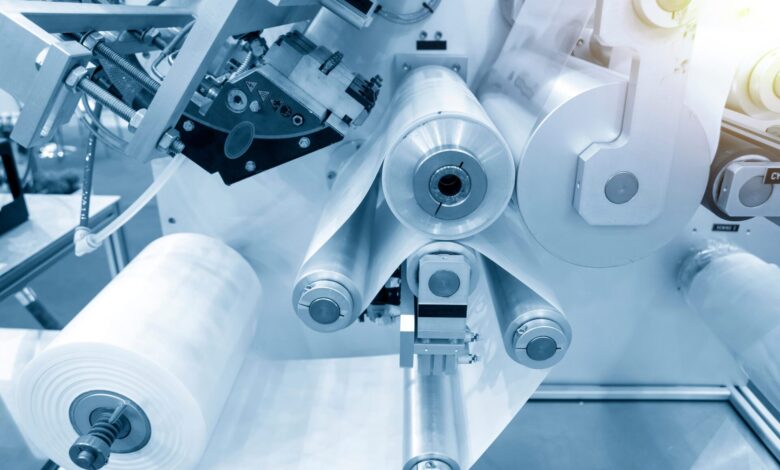Injection Moulding vs. CNC Plastic Machining: Choosing the Right Manufacturing Process

When it comes to shaping plastic components for commercial use, two common fabrication methods stand out: injection moulding and CNC plastic machining. Each process brings unique strengths to the table, and choosing the right one depends on a mix of factors.
Plastic manufacturers must understand how both processes work and when each is better suited. This will enable businesses to make more informed decisions when planning the production of plastic parts.
What Is Injection Moulding?
Injection moulding involves injecting molten plastic into a mould cavity, allowing it to cool and solidify into a specific shape. This method is well-suited for high-volume production, especially when each part must be identical.
Key Characteristics:
- High upfront tooling cost
- Low cost per part for large runs
- Consistent and repeatable
- Limited design flexibility after tooling
- Short cycle times once setup is complete
What Is CNC Plastic Machining?
CNC (Computer Numerical Control) machining uses programmed tools to cut, drill, or mill plastic blocks into specific shapes. This process is highly precise and offers flexibility in design without the need for expensive moulds.
Key Characteristics:
- Lower setup costs
- Higher cost per part for large runs
- Ideal for prototyping or low volumes
- Easier to modify during development
- Supports complex and intricate geometries
Comparing Both Methods Side by Side
Choosing between injection moulding and CNC machining depends on specific production goals. Here’s a closer look at plastic manufacturing companies in Ontario and how they compare:
| Factor | Injection Moulding | CNC Plastic Machining |
| Volume | Best for high-volume production | Best for low to medium volume production |
| Tooling Cost | High | Low |
| Part Cost (per unit) | Low in high quantities | Higher per unit |
| Lead Time | Longer initial setup | Shorter setup time |
| Design Changes | Costly after tooling | Easy to digest |
| Material Waste | Minimal | Moderate to high |
| Surface Finish | Smooth and consistent | Depends on matching material |
When to Use Injection Moulding
Injection moulding is the most suitable option for large-scale production, where speed, cost efficiency, and repeatability are top priorities. It’s especially useful for consumer products, packaging components, and parts with uniform wall thickness.
Consider this process if:
- Quantities exceed several thousand parts
- Time and budget allow for tooling development
- Consistency is critical across all pieces
- A wide range of plastic resins is acceptable
When to Use CNC Plastic Machining
CNC machining is ideal for smaller production runs, custom parts, or components that demand tight tolerances. It enables rapid prototyping and facilitates easier testing of various designs without committing to expensive moulds.
This process is suitable for:
- Short runs or one-off parts
- Functional prototypes before tooling
- High-performance plastics like PTFE or PEEK
- Complex geometries with tight specifications
Material Compatibility
Both injection moulding and CNC machining support various plastic materials. However, some materials respond better to one method over the other. For instance:
- Injection moulding works well with thermoplastics like ABS, polyethylene, and polycarbonate.
- CNC machining is often preferable for high-performance plastics that may degrade under heat, such as acetal, fluoropolymers, or UHMW.
The choice of material for a plastic manufacturing company can influence the fabrication method. Additionally, it also affects the final product’s durability, chemical resistance, and performance.
To Wrap Up: Choosing the Right Fit
The decision between injection moulding and CNC plastic machining depends on many factors. These factors encompass everything from production volume and budget to material selection and the timing of part delivery. Both methods offer valuable benefits when applied to the right scenario.
Plastic manufacturers and businesses in need of dependable plastic fabrication solutions can turn to Johnston Industrial Plastics Ltd., where expert guidance is available to help identify the most suitable process for their specific application requirements.



